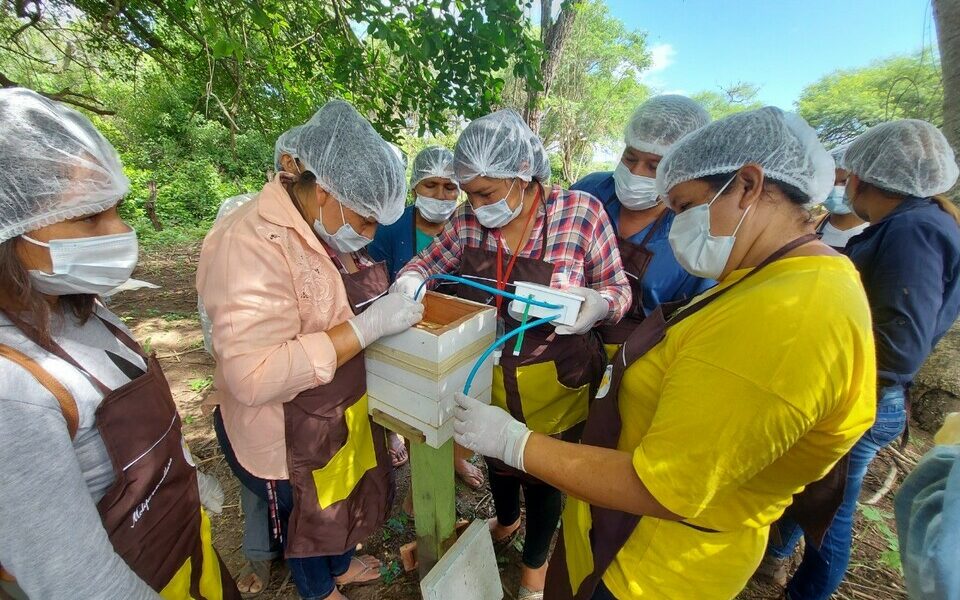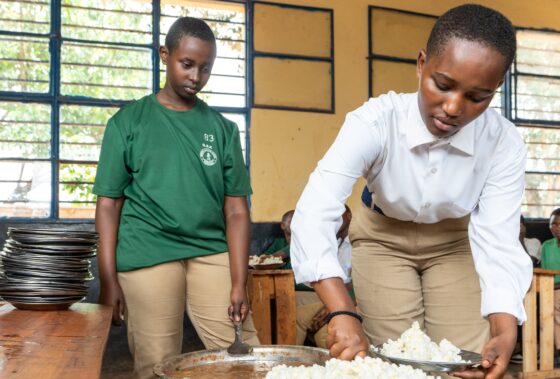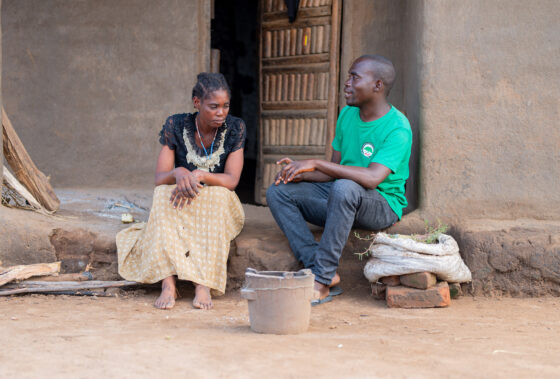In Bolivia’s Chuquisaca region, Indigenous women are transforming their role as custodians of the “Lady Bees” into thriving enterprises —boosting their income, strengthening their communities, and gaining recognition as entrepreneurs.
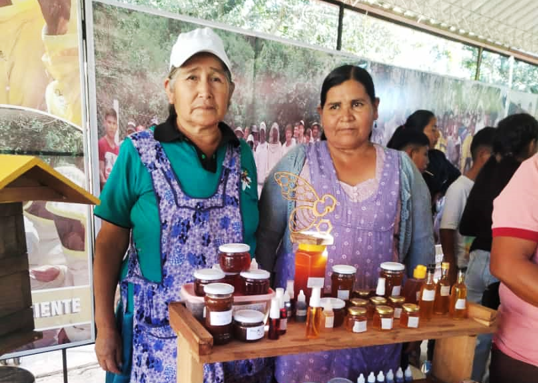
If there’s one thing that exemplifies the connection that Indigenous women in Bolivia have with the land, it’s their alliance with the melipona, the native stingless bees of Chuquisaca. “It interests me, it’s very beautiful … it’s a passion to work with the melipona,” says Ebelin Ortega of the Santa Rosa community.
For generations, Indigenous women like Ebelin have farmed and harvested honey from the bees, known locally as “La Señorita”. In supporting these pollinators of wild flora, they have played an integral role in sustaining the complex ecological tapestry of Serranía del Iñao National Park and Integrated Management Natural Area. The stingless bees are not as productive as honeybees, but the honey they make is prized for its antibiotic and healing qualities. They also symbolise fertility and well-being.
From bee guardians to eco-entrepreneurs
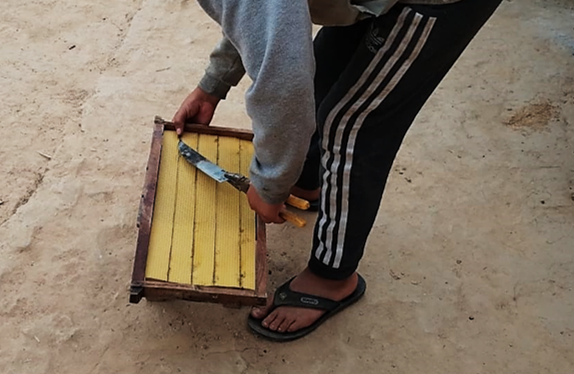
Now, the women of Chuquisaca have another ally in their role as custodians of biodiversity and tradition. With support from EnDev Bolivia’s Women’s Energy Fund (Fondo de Energia de Mujer, FEM) practitioners of meliponiculture are learning how to run a business. In a country where half the small- and medium-sized enterprises fail in their first 3 years, FEM’s initiative is making a difference.
Indigenous women entrepreneurs, in particular, are constrained on multiple fronts. Many set up businesses out of necessity rather than planning, and are poorly placed to access information, value chains, and innovative technologies. In response, FEM promoted Productive Use of Energy (PUE) for indigenous women cooperative’s interested in meliponiculture and other production chains. With the assistance of the PASOS Foundation, the selected cooperatives trained their members on rural business management as well as technology operation and management. FEM also supported the groups in adapting machinery, for example, a solar-powered electric honey pump for the beekeepers, to their needs.
Changing perceptions, inside and out
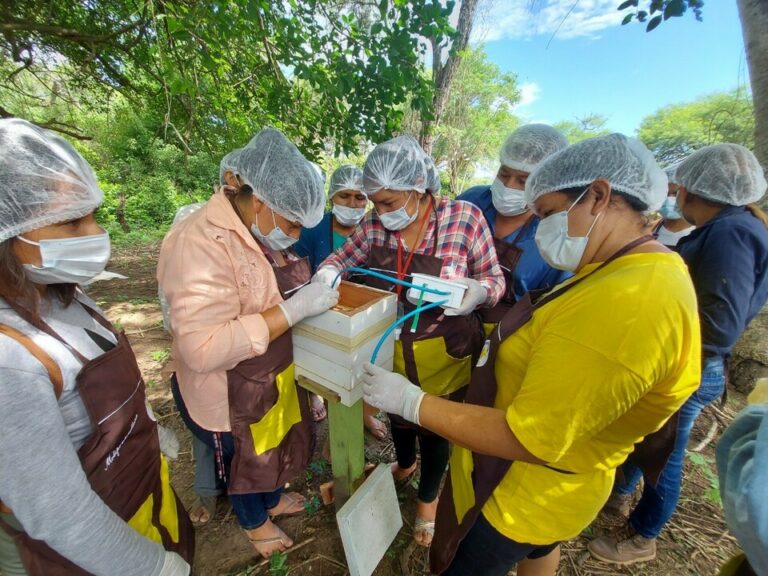
The results have been impressive. Using a solar-powered electric honey pump instead of a knife means the pot-like structures in which the “señorita” bees produce honey don’t need to be destroyed, and the honey doesn’t need to be put through a strainer. This has reduced the time to harvest a kilo of honey from almost four hours to less than an hour – an astonishing boost in productivity of over 400%.
More importantly, strengthening women’s entrepreneurship has had gender-transformative impacts. “We are very happy with this project”, says Ana Vivanco, a leader from the La Tapera community in the Chuquisaca region. “As women, we have made progress, we are more united, and not only is this unity of women visible here, but also the enthusiasm they have for working with native bees.”
Meet Ebelin Ortega and Edith Martinéz in the video:
Since its launch in 2021, FEM has been able to support 29 rural enterprises across diverse production chains such as Amazonian fruits, textiles, Andean grains, health and personal care, milk, baking, recycling, honey, coffee, vegetables and camelids. These employ 1,350 individuals, the majority of whom are women. But beyond profits, according to Edith Martínez of the PASOS Foundation, the beekeeping initiative succeeded in “bringing together 240 women … and now the women are leaders. It’s a great achievement; being beekeepers and having their own business has boosted their self-esteem.”
